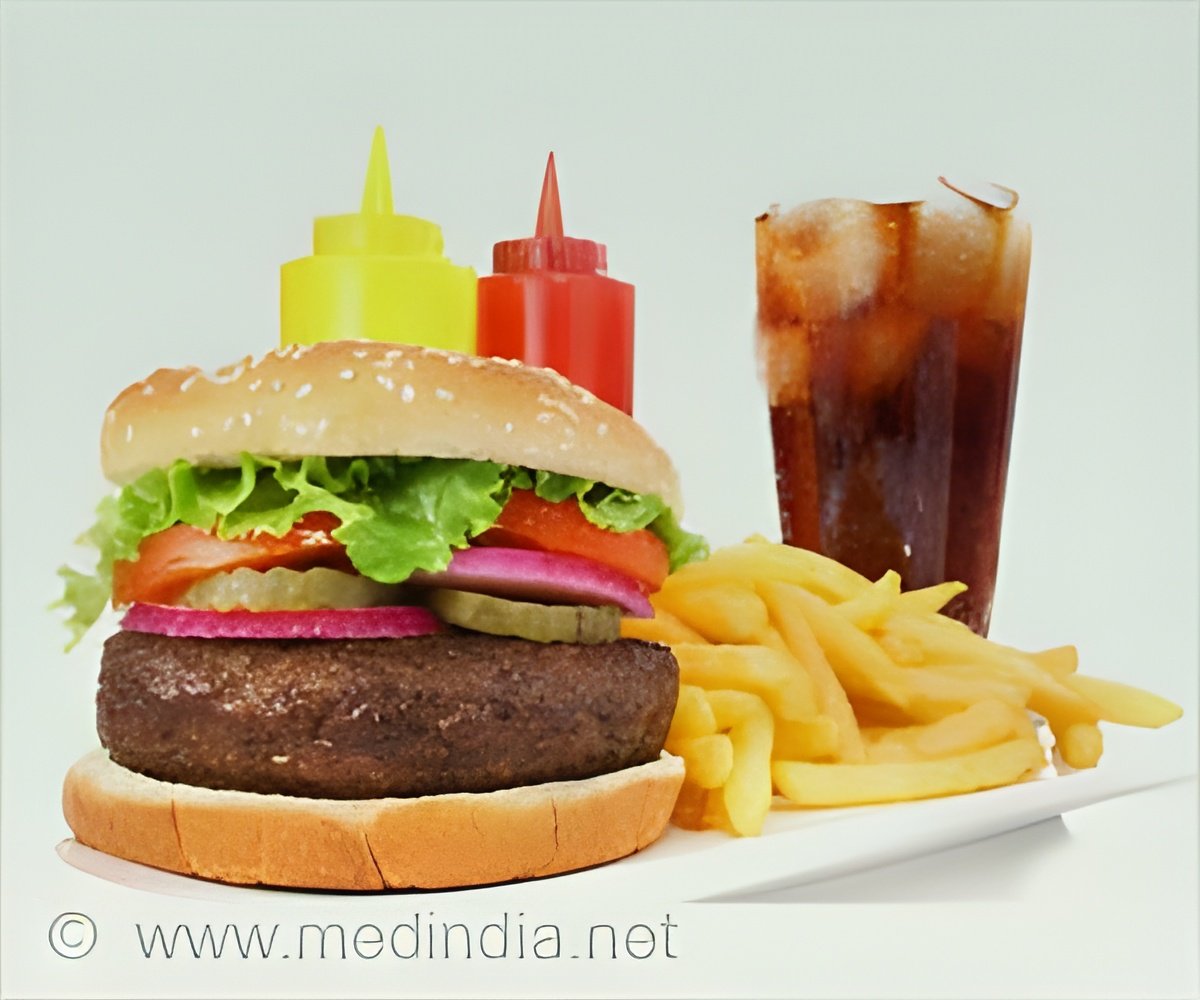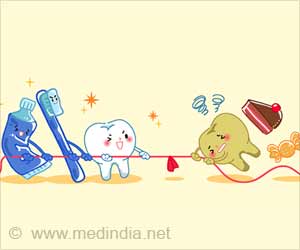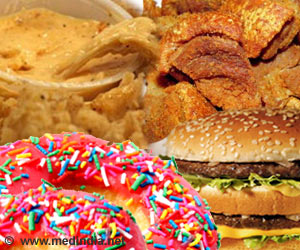The regular consumption of high-fat and sugar foods switches up the brain’s innate reward system such that it unconsciously prefers these foods again consistently.

‘Even healthy individuals exposed to an unhealthy diet develop a reduced preference for low-fat foods and may adapt to overeating.’





While snacking on sugary foods is nothing to be ashamed of because all animals including humans are hardwired to love sugar. Now, researchers have become interested in how the human brain might change in response to the constant influx of sugary, salty, and high-fat foods.The tendency to eat high-fat and high-sugar foods, the so-called Western diet, could be innate or develop as a result of being overweight. But researchers at the Max Planck Institute for Metabolism Research in Cologne think that the brain learns this preference.
To test this hypothesis, they gave one group of volunteers a small pudding containing a lot of fat and sugar per day for eight weeks in addition to their normal diet. The other group received a pudding that contained the same number of calories but less fat. The volunteer’s brain activity was measured before and during the eight weeks.
Can't Avoid Sugary, Salty Foods? Blame Your Brain
The brain's response to high-fat and high-sugar foods was greatly increased in the group that ate the high-sugar and high-fat pudding after eight weeks. This particularly activated the dopaminergic system, the region in the brain responsible for motivation and reward.The measurements of brain activity showed that the brain rewires itself through the consumption of chips and other junk foods. It subconsciously learns to prefer rewarding food. Through these changes in the brain, we will unconsciously always prefer foods that contain a lot of fat and sugar.
During the study period, the test persons did not gain more weight than the test persons in the control group and their blood values, such as blood sugar or cholesterol, did not change either.
Advertisement
Over time, excess consumption of high-fat foods can increase one’s risk for heart disease, obesity, and diabetes. Hence, it is recommended to seek out healthier, less-processed foods and reduce the availability of energy-dense snacks to combat obesity.
Advertisement
Source-Eurekalert















